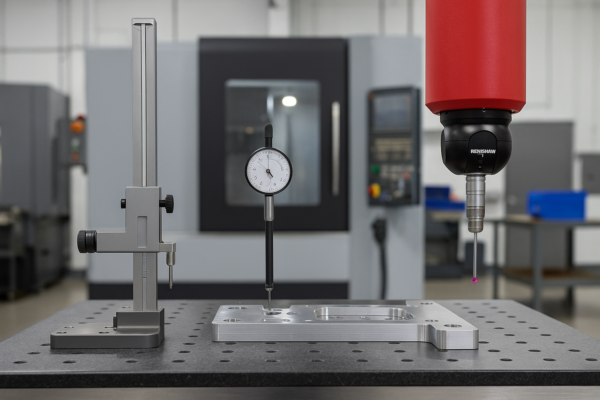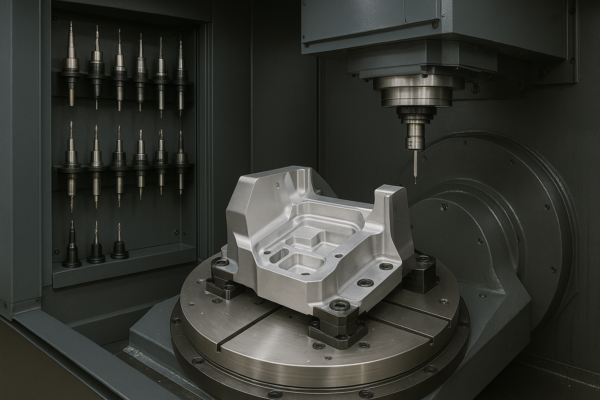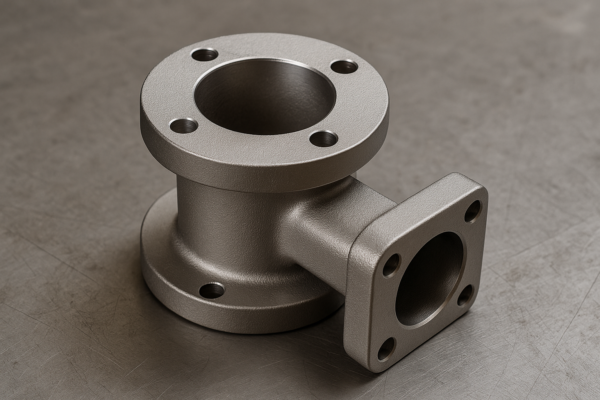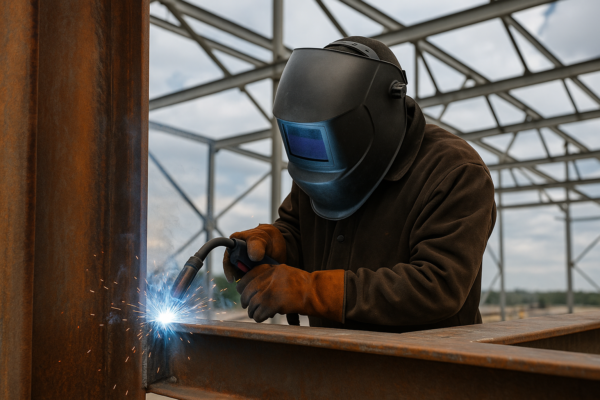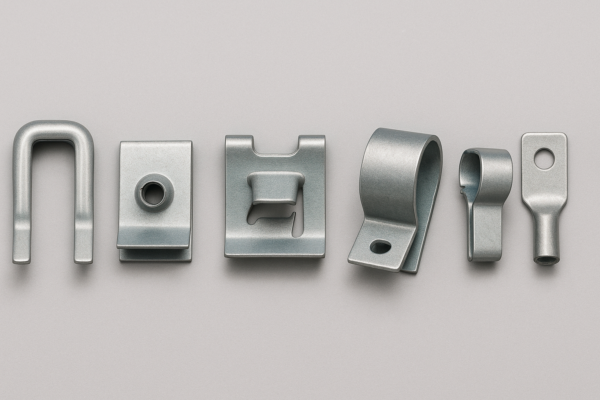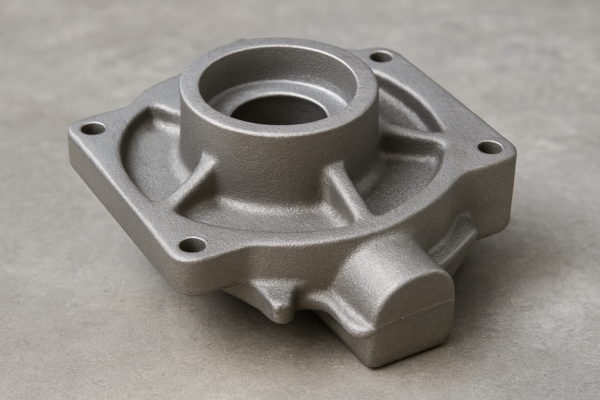Top Plastic Materials for OEM Applications: ABS, PC, PEEK & More
In OEM manufacturing, material selection directly affects product success. From low-cost parts to aerospace-grade components, the right thermoplastic can improve performance, cut costs, and simplify design. This article introduces ABS, PC, PEEK, and more — with practical insights for engineers, buyers, and designers.
Introduction
Thermoplastics are widely used in OEM components for their versatility and processing efficiency. Common applications include:
They enable custom shapes, improve durability, and reduce costs compared to metals.
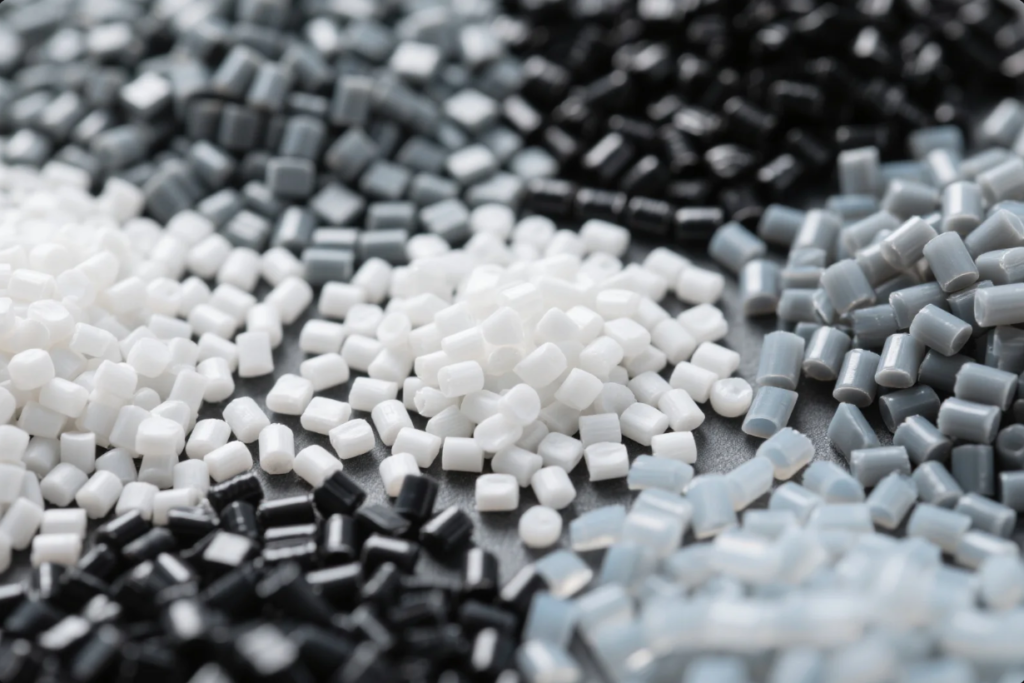
ABS vs PC: Strength, Transparency, Heat Resistance
🔶 ABS – Acrylonitrile Butadiene Styrene
- Material Datasheet – Trinseo ABS
- General use in 3D printing
- UV sensitivity requires UV-stabilized grades
🔷 PC – Polycarbonate
- Lexan™ PC overview – SABIC
- Used in optical components
- Known for high heat resistance (Makrolon® PC)
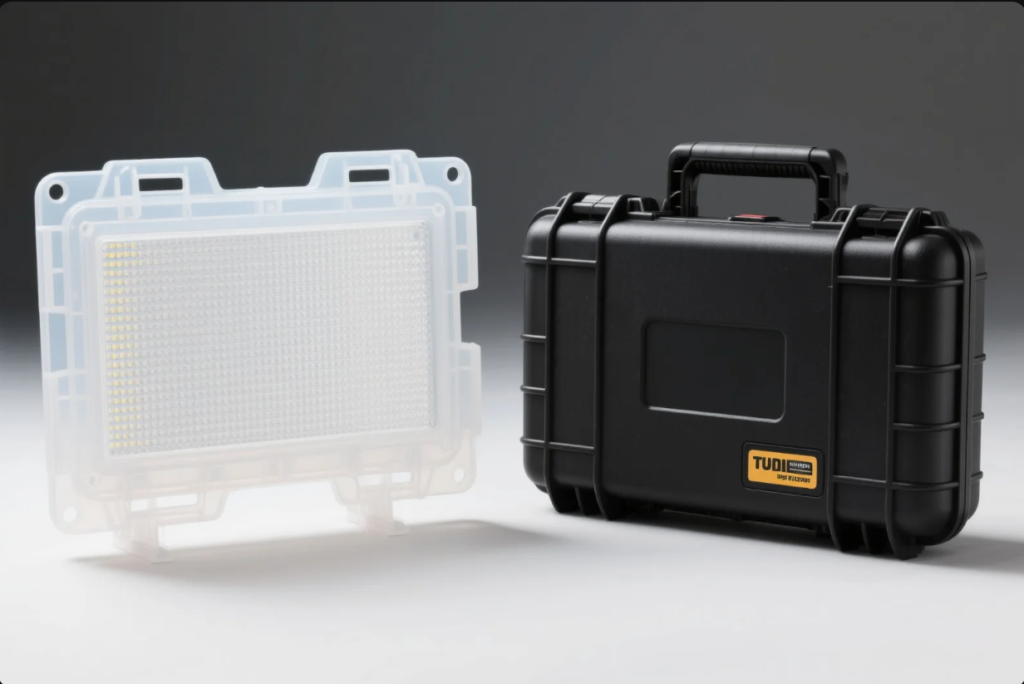
Engineering-Grade Plastics: Nylon, POM, PEEK
🛠️ Nylon (PA6, PA66)
⚙️ POM – Polyoxymethylene (Delrin®)
🚀 PEEK – Polyether Ether Ketone
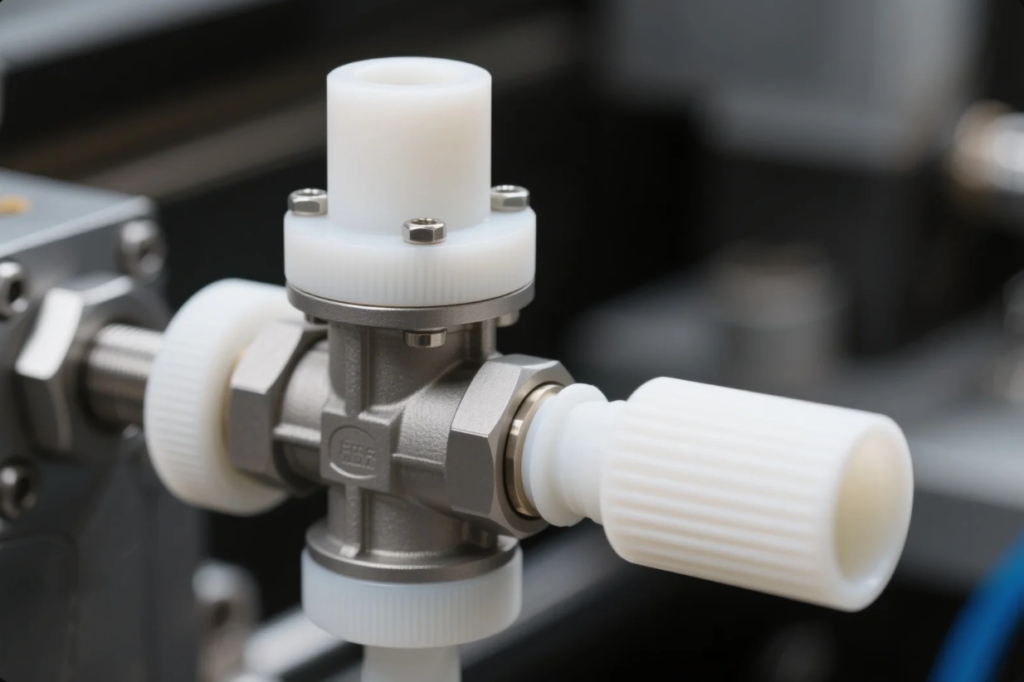
Plastic-Metal Hybrid Parts
Plastic-metal hybrids combine the strength of metals with the flexibility of plastics. Common bonding methods include:
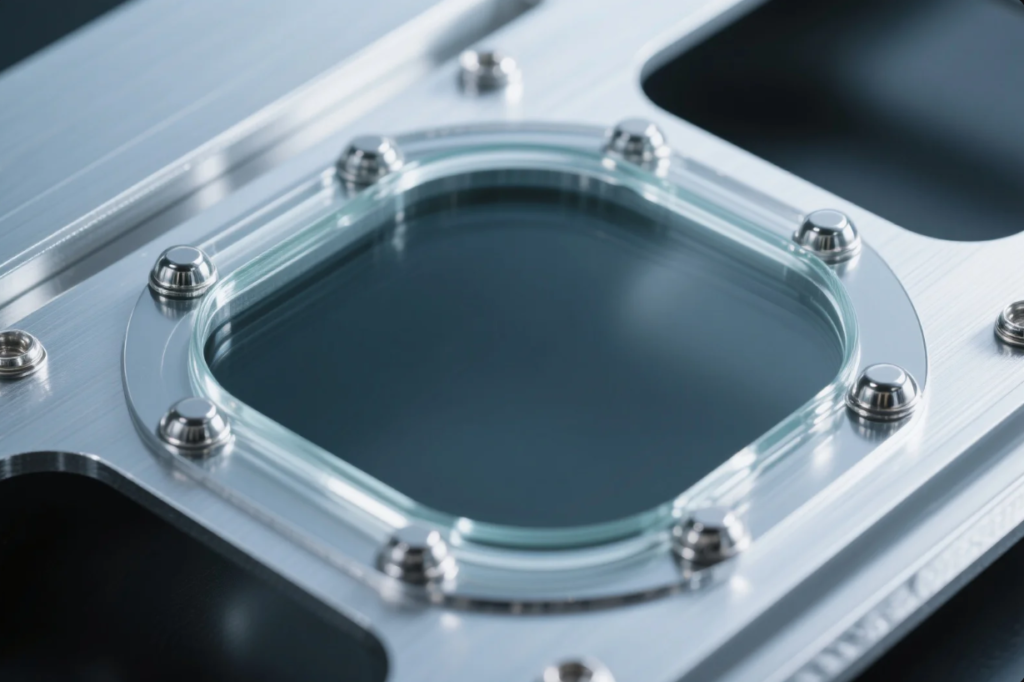
Industrial Use Cases
Application-Specific Material Guide
🚘 Automotive
🏥 Medical
✈️ Aerospace
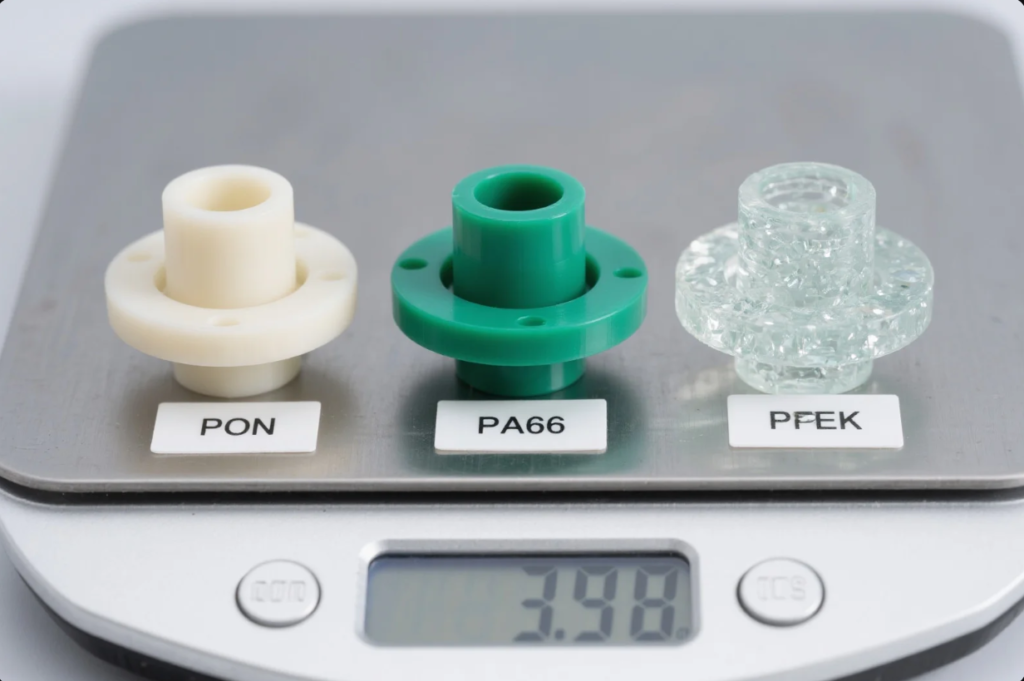
Conclusion
Material selection isn’t just technical—it’s strategic.
- Choose ABS or PP for cost-effective housings
- Use PC or PMMA for clarity and impact
- Opt for PA, POM, PEEK for mechanical strength
- Blend plastics with metals to reduce part count

FAQs
Q1: Which is stronger — POM or Nylon?
A: Nylon offers higher impact strength, but POM has better dimensional stability and lower friction.
Q2: What’s the difference between PEEK and PEI?
A: PEEK has better chemical resistance and higher temperature tolerance; PEI is more cost-effective but slightly less robust.
Q3: Are all these plastics compatible with CNC machining?
A: Yes, especially POM, PC, and PEEK. ABS is also machinable but softer.
Q4: Which plastics are food safe?
A: PP, HDPE, and some grades of POM and PTFE are certified for food contact. Always check FDA or EU 10/2011 compliance.
Q5: Can I mold and CNC the same part?
A: Yes. It’s common to prototype with CNC, then shift to injection molding once volume scales up.
Contact Us
Need help choosing the right material for your plastic part?
🌐 Website: https://primecustomparts.com
📧 Email: [email protected]
We provide CNC machining, injection molding, DFM analysis, and full OEM support worldwide.

